Driving a circular transition in Vietnam’s agriculture
Firstly, let’s examine circular agriculture in support of climate goals. Rice production accounts for almost half of greenhouse gas (GHG) emissions in the agricultural sector in Vietnam and 75 per cent of total national methane emissions, according to the Ministry of Natural Resources and Environment.
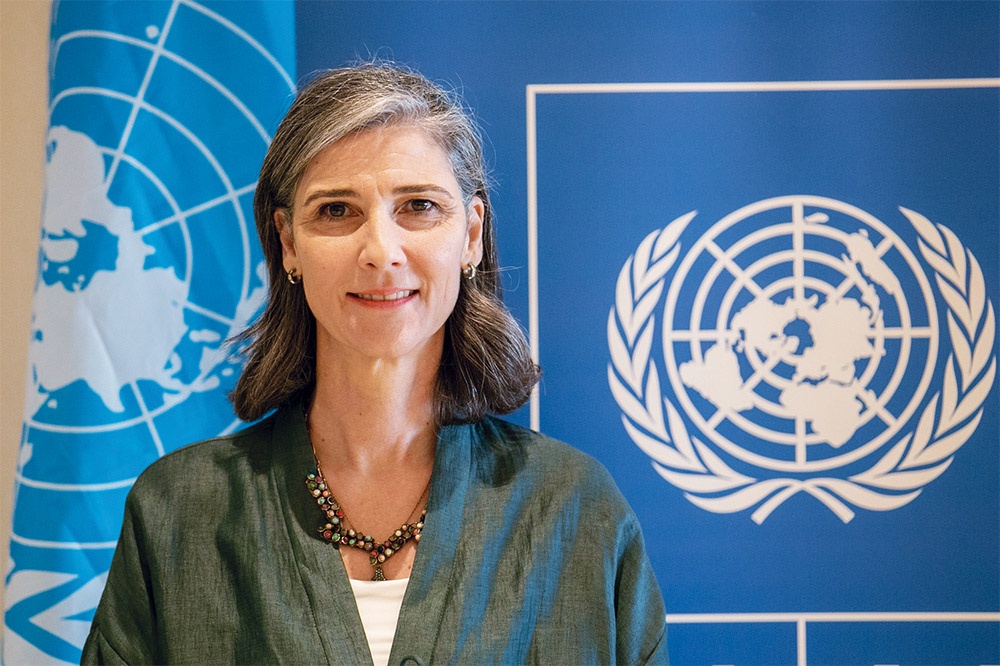 |
| Ramla Khalidi, resident representative in Vietnam United Nations Development Programme |
These high levels of emissions can be attributed to inefficient irrigation, fertiliser application, energy use, and poor management of rice residue and livestock by-products.
Given the scale and importance of the agriculture sector in Vietnam, including its environmental impacts, its contribution to GHG emissions, and its vulnerability to climate change, it makes infinite sense to leverage the potential of circular models at scale.
The United Nations Development Programme is proud to have piloted the CE-NDC toolbox, which considers how best to build circularity into nationally determined contributions (NDCs).
The toolbox aims to support Vietnam in identifying, prioritising, implementing, and tracking circular interventions in agriculture that contribute to the NDC 2025.
With our partners from the Institute of Policy and Strategy for Agriculture and Rural Development, we are conducting a deep dive into the rice and coffee value chains to estimate the potential of greenhouse gas emission reduction from adopting circular practices, which we hope can inform the formulation of NDC 2025.
The second benefit is circular agriculture’s ability to boost economic competitiveness.
Agriculture is critical to Vietnam’s economic development, food security, and livelihoods. The value added to the economy of the agriculture, forestry, and fisheries sectors grew by an impressive 3.36 per cent in 2022, the highest growth in recent years, and export turnover reached record levels of over $53 billion.
Our initial assessment shows that the total amount of residue and agricultural by-products from staple and industrial crops in Vietnam is estimated at 95 to 98 million tonnes per year, including 52 million tonnes of straw and husk from rice production.
This means that the potential for resource recovery during rice production is substantial, generating value-added products such as biomass, biofuel development, and organic fertiliser.
In fact, combining crop by-products with animal waste can generate approximately 85.4 million tonnes of soil organic matter, as well as dozens of millions of tonnes of fertilisers, exceeding the country’s total fertiliser demand.
Lastly, circular agriculture can help protect human and ecosystem health.
Vietnam’s livestock population generates close to 72 million tonnes of solid waste and over 76 million tonnes of liquid waste per year. When left untreated, this waste can have significant negative impacts on water and soil, thereby affecting crop quality. The burning of waste and agricultural residues, particularly during harvest season, contributes to worsening local air quality with disastrous impacts on health, especially for the most vulnerable, children, and the elderly.
Accelerated resource recovery from agro-waste will contribute to reusing and producing materials, proteins, energy, and nutrients while strengthening the resilience of food systems and smallholders against rapidly increasing climate impacts. Circular practices help to improve the strength of our ecosystem by restoring soils and limiting leaks of synthetic fertilisers into waterways.
There are also recommendations for consideration. Firstly, we must streamline collaboration with partners to effectively prioritise, assess, and disseminate circular practices that hold strong potential to deliver climate and environmental benefits. This means accelerating partnerships for circular policy formulation and implementation, allocating adequate investments to transform waste into wealth, and data collection. The upcoming Agri CE-Hub will respond to this gap by fostering knowledge sharing and collaboration.
Secondly, we can all do our part to contribute to stimulating markets for circular products. From the supply side, we must build on the science, technologies, and successful pilots already taking place in Vietnam to design farming systems that efficiently use natural resources at the farm level and along the entire supply chain.
This includes involving all actors in processing, transport, and retail, promoting responsible sourcing from farm to fork. From the demand side, we must leverage effective communication and awareness campaigns that encourage consumers to make greener choices.
Finally, we must deliver a quantum leap in terms of access to financing modalities for farmers and small- and medium-sized enterprises to support them in their circular transformation. To achieve this, we call on our national and international partners to reaffirm their commitments.
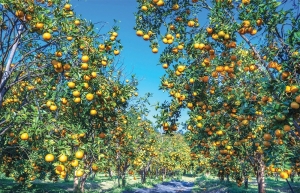 | Public-private focus picks up steam for greener agriculture Task forces led by businesses are determined to build a public-private partnership model to build a high-quality and low-carbon agricultural sector. |
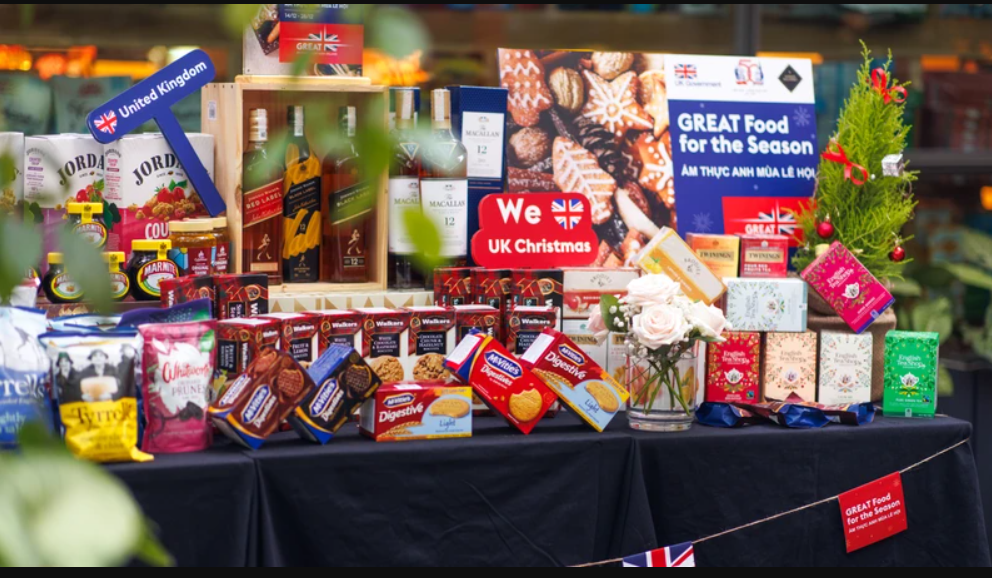 | Vietnam emerging as market for British agriculture companies Vietnam presents a great opportunity for UK businesses to boost their exports of agriculture, food, and drink products. |
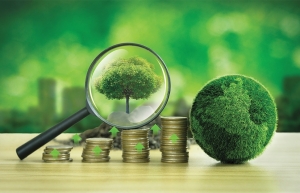 | Experts tackle nation’s sustainable reporting International organisations and associations are working with banks to arrange green finance for the business community, including agriculture, and simultaneously support them to access these crucial capital resources. |
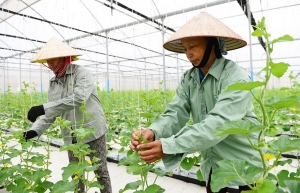 | Low-carbon answers reach agriculture Businesses offering low-carbon agricultural solutions are increasingly securing new funding to expand in Vietnam. |
What the stars mean:
★ Poor ★ ★ Promising ★★★ Good ★★★★ Very good ★★★★★ Exceptional
Related Contents
Latest News
More News
- PM outlines new tasks for healthcare sector (February 25, 2026 | 16:00)
- Ho Chi Minh City launches plan for innovation and digital transformation (February 25, 2026 | 09:00)
- Vietnam sets ambitious dairy growth targets (February 24, 2026 | 18:00)
- Masan Consumer names new deputy CEO to drive foods and beverages growth (February 23, 2026 | 20:52)
- Myriad risks ahead, but ones Vietnam can confront (February 20, 2026 | 15:02)
- Vietnam making the leap into AI and semiconductors (February 20, 2026 | 09:37)
- Funding must be activated for semiconductor success (February 20, 2026 | 09:20)
- Resilience as new benchmark for smarter infrastructure (February 19, 2026 | 20:35)
- A golden time to shine within ASEAN (February 19, 2026 | 20:22)
- Vietnam’s pivotal year for advancing sustainability (February 19, 2026 | 08:44)

 Tag:
Tag:




















 Mobile Version
Mobile Version